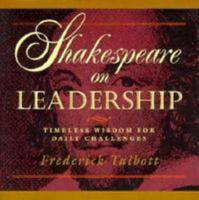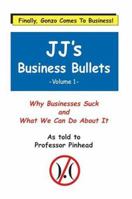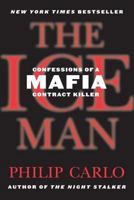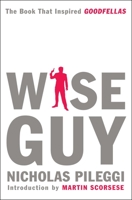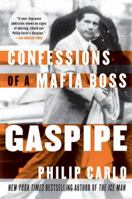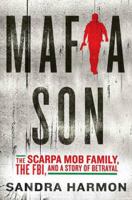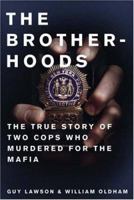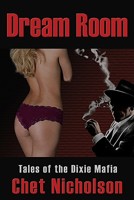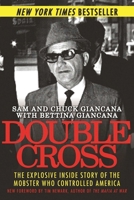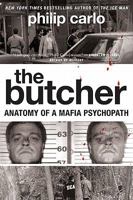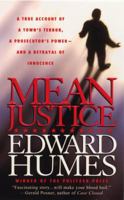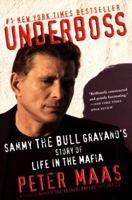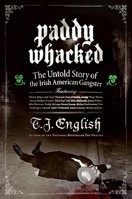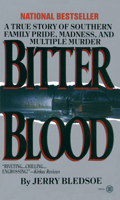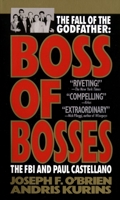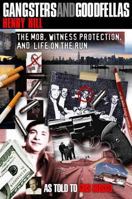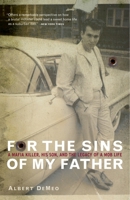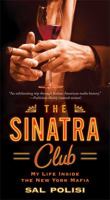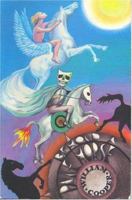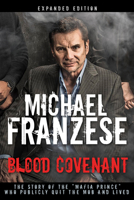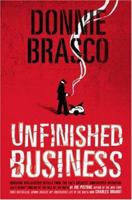Mississippi Mud: Southern Justice and the Dixie Mafia
You Might Also Enjoy
Customer Reviews
Rated 5 starsAmazing, engrossing book!!
I normally don't read true crime books, so I initially hesitated about reading this one. I am so glad I ended up reading this! The author does an amazing job of bringing the different stories of the different people together. You really feel for Lynne Sposito as she tries to find out who murdered her parents, and why. It's amazing how many people were involved with the crime, whether actually participating, or being involved...
0Report
Rated 5 starsA whole lotta sewerage
After an Oprah-esque beginning focusing on the bereaved family, this is one of the best "true-crime" books that I've read - although the exposed failures of "the system" are truly frustrating. On September 14, 1987, someone brutally murdered mayor-wannabe Margaret Sherry and her husband, Vincent the Judge, in Biloxi, Mississippi. Through intention, incompetence, obstruction, or neglect, there were investigative blunders. But...
0Report
Rated 5 starsGreat and Truthful Book
A Wonderful Book. I lived in Saucier MS, not far from Biloxi, approx. 20 minutes. And everything you read in the book is true to the T. No half-truth's or lies. The state and the towns are still crooked. But what town or state isn't? A great book to read and one that is hard to put down. I remommend: no TV, a quiet room, and a soft light. Sometimes A & E will have a special about the Sherry Murders. Have a wonderful Read!...
1Report
Rated 5 starsFantastic and gripping... and utterly accurate
I was involved with the Sherry case in Biloxi, so I know the truth when I read it. This book tells it all. Yes, it does read like a thriller, better than Grisham, in my opinion, but that doesn't mean its not all true. This is journalism at its best. It seems clear that there is one or two people out there cramming this site with repeat bad reviews. Don't be deceived by their phony compalints. They are liars -- probably...
0Report
Rated 5 starsIncredibly accurate: I know, I lived it!
On September 16th of 1987, the world as I knew it changed. My brother Eric called to inform me he had received a call from a woman in Biloxi who had heard on the news that our parents were dead. Nothing could have prepared me for the next ten years. I shared information with the author of this book from documentation, not imagination, in an effort to not allow the case to be as buried as were my parents... after all,...
0Report














